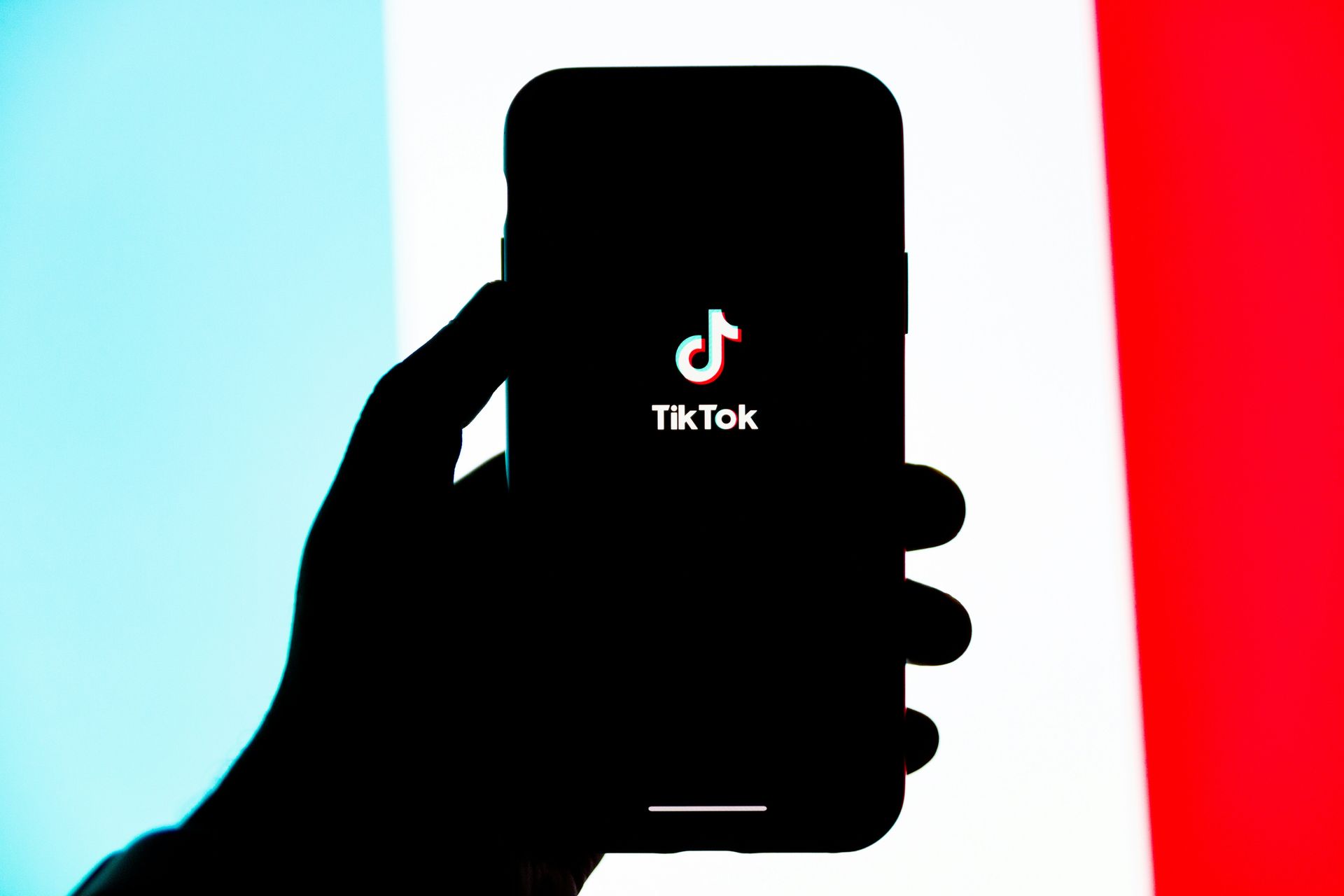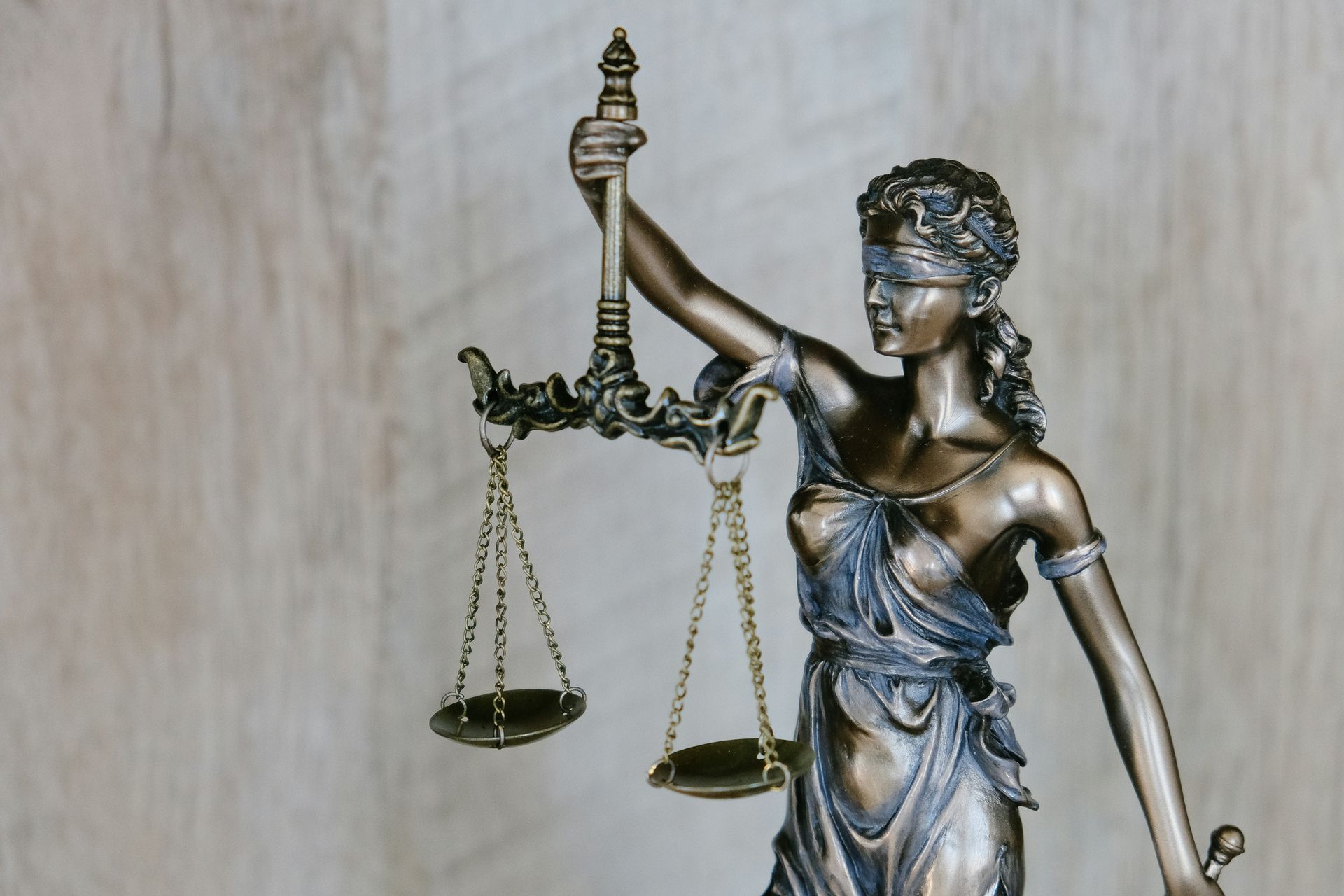Is TikTok shutting down in 2024? The “Protecting Americans From Foreign Adversary Controlled Applications Act” has sparked intense debate among US lawmakers, tech giants, and the public alike. Legislators have introduced this bill in response to growing concerns about national security risks posed by social media platforms controlled by foreign entities, particularly those from China and Russia.
"This bill is not a ban, and it’s not really about @tiktok_us. It’s a choice.
We implore ByteDance to sell Tiktok so that its American users can enjoy their dance videos, their bad lip-synch, everything else that goes with Tiktok." – @CongressmanRaja pic.twitter.com/OV5CLLsDKa
— Select Committee on the Chinese Communist Party (@committeeonccp) March 6, 2024
Its provisions aim to address the potential threats posed by apps like TikTok, while also igniting discussions about free speech, data privacy, and economic implications. As the bill progresses through the legislative process, its implications for TikTok’s future, the broader tech industry, and US-China relations remain hotly contested topics.
What is the bill about?
The “Protecting Americans From Foreign Adversary Controlled Applications Act” is a bill proposed by US lawmakers to address security worries about social media apps controlled by foreign countries like China and Russia. Here’s a breakdown of what the bill means:
- Spotting the problem: The bill points out apps like TikTok as potential threats because they might let foreign governments access users’ data, raising concerns about national security.
- Sell-off requirement: The bill says that the company behind TikTok, ByteDance, has to sell the app within about six months. This means ByteDance needs to give up its ownership of TikTok to a non-foreign company, cutting ties between the app and its Chinese parent.
- President’s say: The bill lets the president, with help from agencies like the FBI, decide which apps are risky for national security. If an app is seen as a problem, the president can take action, like removing it from app stores and web hosts.
- Possible bans: Apps labeled as national security risks could get banned in the US. This could mean they’re taken down from app stores, making them unavailable to Americans.
- How it works: The bill sets up a way to check if social media apps are safe. Government agencies and experts will work together to figure out if apps controlled by foreign countries pose risks and what to do about it.

The bill aims to protect sensitive data and prevent foreign interference in US affairs. But it’s stirred up debate, with TikTok arguing against what it sees as a ban, and concerns about how it might affect free speech and small businesses.
What did TikTok say about the bill?
TikTok strongly criticized the bill, characterizing it as an “outright ban” on the platform. They said it’s basically a ban on TikTok in the US, even though lawmakers tried to make it sound different. They’re worried it would take away the rights of millions of Americans who use TikTok and hurt small businesses that rely on the app to grow and create jobs. In short, TikTok thinks the bill would be really bad for everyone involved.
Our statement on the latest TikTok legislation: This bill is an outright ban of TikTok, no matter how much the authors try to disguise it. This legislation will trample the First Amendment rights of 170 million Americans and deprive 5 million small businesses of a platform they…
— TikTok Policy (@TikTokPolicy) March 5, 2024
Why TikTok is better for your brand?
What will happen next? Is TikTok shutting down?
Next, the bill will undergo further review and discussion in the US House Committee on Energy and Commerce. Lawmakers will hold hearings and possibly make amendments to the bill based on feedback and concerns raised during the process. Depending on the outcome of these discussions, the bill may proceed to a full vote in the House of Representatives.
If the bill passes the House, it will then move to the Senate for further consideration. The Senate will conduct its own review and may make additional changes to the bill before voting on it. If both the House and Senate approve the bill in its final form, it will be sent to the President to sign into law.

However, the fate of the bill is uncertain, as it faces opposition from TikTok and may encounter resistance from other stakeholders. The legislative process can be complex and unpredictable, so it remains to be seen how the bill will progress and whether it will ultimately become law.
How much is TikTok worth now?
Determining the precise value of TikTok presents a challenge as the platform is not publicly traded. Investors estimated TikTok’s worth at around $50 billion in 2020, while its parent company, ByteDance, has been valued at approximately $275 billion recently, although this figure has seen significant fluctuations. Consequently, TikTok’s value is thought to fall between $50 billion to $275 billion. However, these are just estimates, and the actual value may differ, especially if the bill passes.
How much is TikTok worth if the bill passes? If the bill passed and TikTok is forced to divest, it could affect the selling price of TikTok, potentially leading to a decrease as ByteDance may need to sell under pressure or face the possibility of a ban, which could diminish the app’s value in the eyes of potential buyers.
Featured image credit: Solen Feyissa/Unsplash





